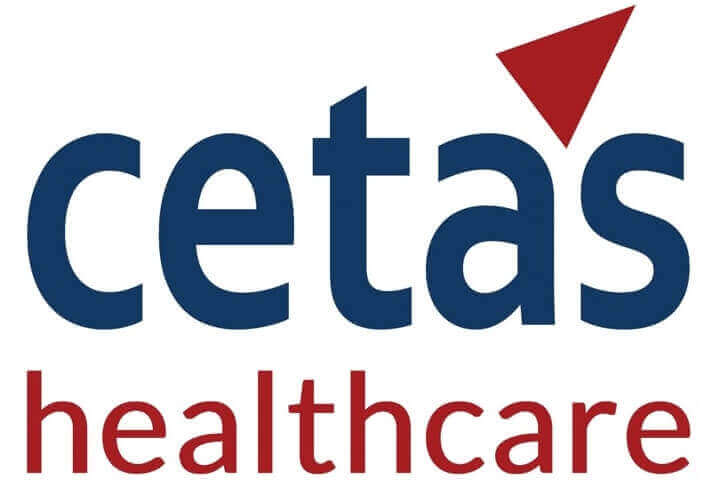X
The healthcare industry is rapidly evolving and one of the key drivers of this transformation is Artificial Intelligence (AI). To stay competitive, MedTech firms must stay ahead of the curve in AI adoption with these key steps:
Market research and insights are essential for driving AI adoption, providing the knowledge needed to make informed decisions, develop tailored AI solutions, and position offerings competitively in the market. Organizations that leverage market insights effectively are better equipped to seize the growing AI opportunities, mitigate risks, and drive successful AI adoption initiatives. If you want to have a discussion on any of these, feel free to contact us. And, do let us know your thoughts as well. To read about 5 Imperatives for MedTech Companies to Unlock the Value of Digital Innovation, click here.


Medtech companies are expected to play a key role in the digital transformation of healthcare. Many are already prioritizing building digital capabilities in-house via investing in R&D, business models, and acquiring assets to expand their
We provide the best insights for your business
